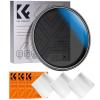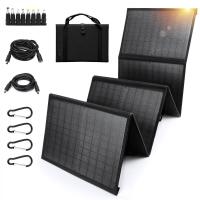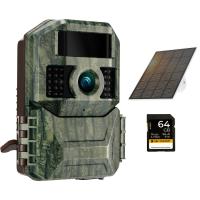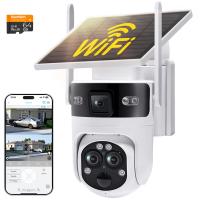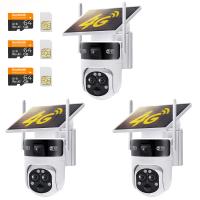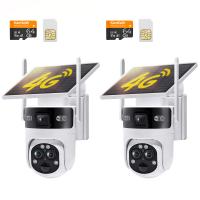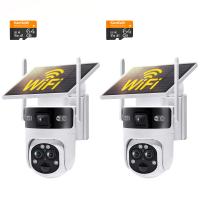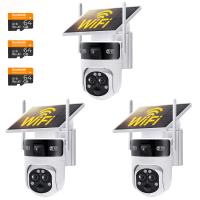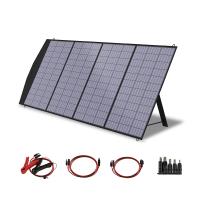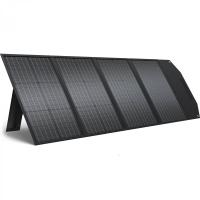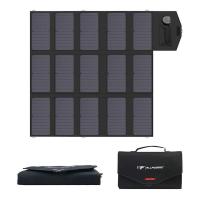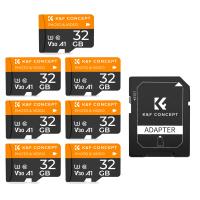How Much To Install Solar Panels?
The cost of installing solar panels is a common query among homeowners and businesses looking to reduce their energy bills and carbon footprint. This article aims to provide a comprehensive overview of the factors influencing the cost of solar panel installation, the benefits of investing in solar energy, and practical tips for making an informed decision.
Understanding the Cost of Solar Panel Installation

The cost of installing solar panels can vary widely based on several factors. Here are the primary elements that influence the overall expense:
1. System Size and Capacity: The size of the solar panel system, measured in kilowatts (kW), is one of the most significant factors affecting the cost. Larger systems generate more electricity but also come with higher upfront costs. On average, residential solar panel systems range from 3 kW to 10 kW.
2. Type of Solar Panels: There are different types of solar panels available, including monocrystalline, polycrystalline, and thin-film panels. Monocrystalline panels are typically more efficient and expensive, while polycrystalline panels are less efficient but more affordable. Thin-film panels are generally the least expensive but also the least efficient.
3. Installation Complexity: The complexity of the installation process can impact the cost. Factors such as roof type, angle, and accessibility can influence labor costs. For instance, installing panels on a flat roof may be less expensive than on a steep or complicated roof structure.
4. Location: Geographic location plays a crucial role in determining the cost of solar panel installation. Areas with higher solar irradiance (sunlight exposure) can generate more electricity, potentially reducing the number of panels needed. Additionally, local labor rates and permitting fees can vary.
5. Incentives and Rebates: Government incentives, tax credits, and rebates can significantly reduce the cost of solar panel installation. The Federal Investment Tax Credit (ITC) in the United States, for example, allows homeowners to deduct a percentage of the installation cost from their federal taxes.
6. Quality of Equipment: The quality and brand of the solar panels, inverters, and other system components can affect the overall cost. Higher-quality equipment may come with a higher price tag but can offer better performance and longevity.
Average Cost of Solar Panel Installation

As of 2023, the average cost of solar panel installation in the United States ranges from $2.50 to $3.50 per watt. This means that a typical 6 kW residential solar panel system can cost between $15,000 and $21,000 before any incentives or rebates. After applying the Federal ITC, the cost can be reduced by 26%, bringing the total down to approximately $11,100 to $15,540.
Benefits of Installing Solar Panels
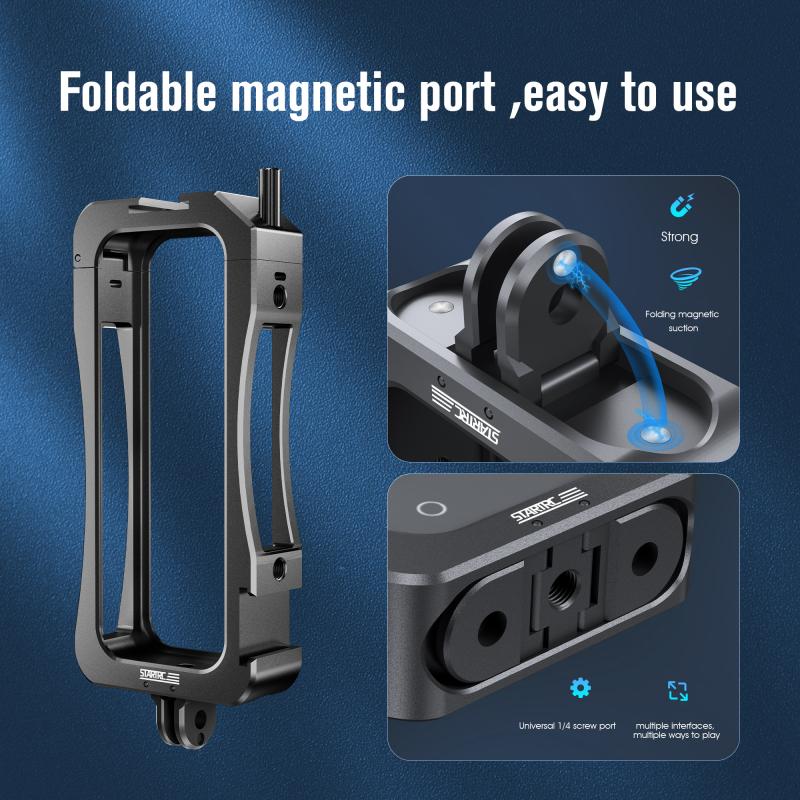
Investing in solar panels offers numerous benefits beyond just cost savings. Here are some of the key advantages:
1. Reduced Energy Bills: Solar panels can significantly reduce or even eliminate your electricity bills, depending on the size of the system and your energy consumption. Over time, the savings can offset the initial installation cost.
2. Environmental Impact: Solar energy is a clean, renewable source of power that reduces greenhouse gas emissions and dependence on fossil fuels. By installing solar panels, you contribute to a more sustainable future.
3. Increased Property Value: Homes with solar panel systems are often valued higher than those without. Potential buyers may be willing to pay a premium for a property with lower energy costs and a reduced carbon footprint.
4. Energy Independence: Solar panels provide a degree of energy independence, reducing your reliance on the grid and protecting you from rising electricity prices.
5. Job Creation: The solar industry creates jobs in manufacturing, installation, and maintenance, contributing to economic growth.
Practical Tips for Installing Solar Panels
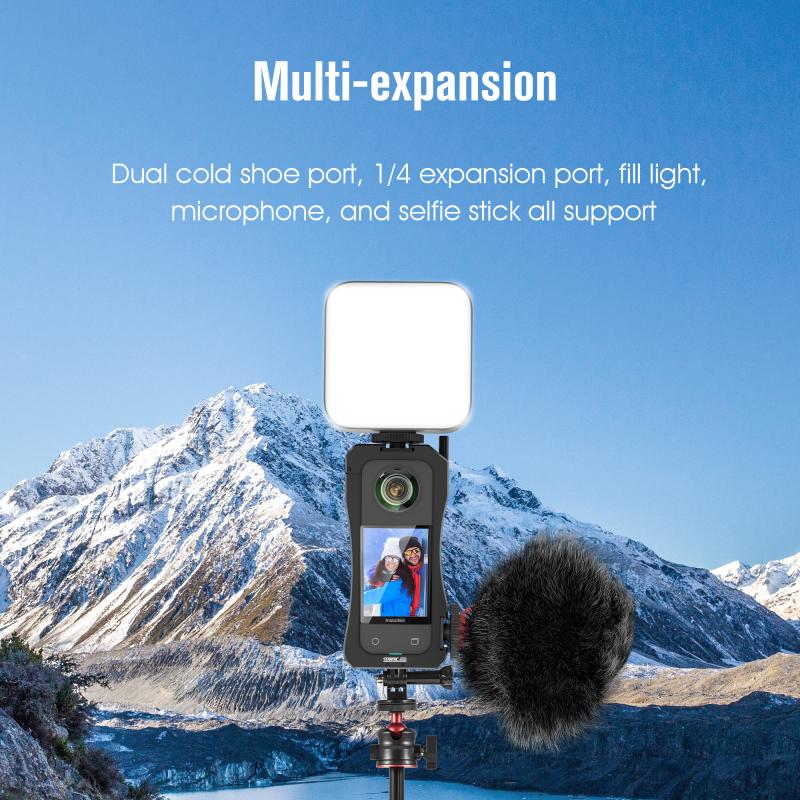
If you're considering installing solar panels, here are some practical tips to help you make an informed decision:
1. Assess Your Energy Needs: Start by evaluating your current energy consumption and determining how much of it you want to offset with solar power. This will help you decide on the appropriate system size.
2. Get Multiple Quotes: Obtain quotes from several reputable solar installers to compare prices, equipment options, and warranties. This will give you a better understanding of the market and help you find the best deal.
3. Research Incentives: Investigate available incentives, tax credits, and rebates in your area. These can significantly reduce the upfront cost of installation and improve the return on investment.
4. Check for Financing Options: Many solar installers offer financing options, such as solar loans or leases, to make the installation more affordable. Evaluate these options to find one that suits your financial situation.
5. Evaluate the Installer's Reputation: Choose a reputable installer with a proven track record. Check online reviews, ask for references, and verify their certifications and licenses.
6. Consider Future Energy Needs: If you plan to increase your energy consumption in the future (e.g., purchasing an electric vehicle), consider installing a larger system to accommodate the additional demand.
7. Monitor and Maintain Your System: Regularly monitor the performance of your solar panel system and schedule maintenance as needed to ensure optimal efficiency and longevity.
The cost of installing solar panels can vary based on several factors, including system size, panel type, installation complexity, location, incentives, and equipment quality. While the initial investment may seem substantial, the long-term benefits of reduced energy bills, environmental impact, increased property value, energy independence, and job creation make it a worthwhile consideration.
By assessing your energy needs, obtaining multiple quotes, researching incentives, exploring financing options, evaluating installer reputation, considering future energy needs, and maintaining your system, you can make an informed decision and maximize the benefits of your solar panel installation.
Investing in solar energy is not only a smart financial decision but also a step towards a more sustainable and environmentally friendly future. Whether you're a homeowner or a business owner, solar panels offer a viable solution to rising energy costs and climate change challenges.


